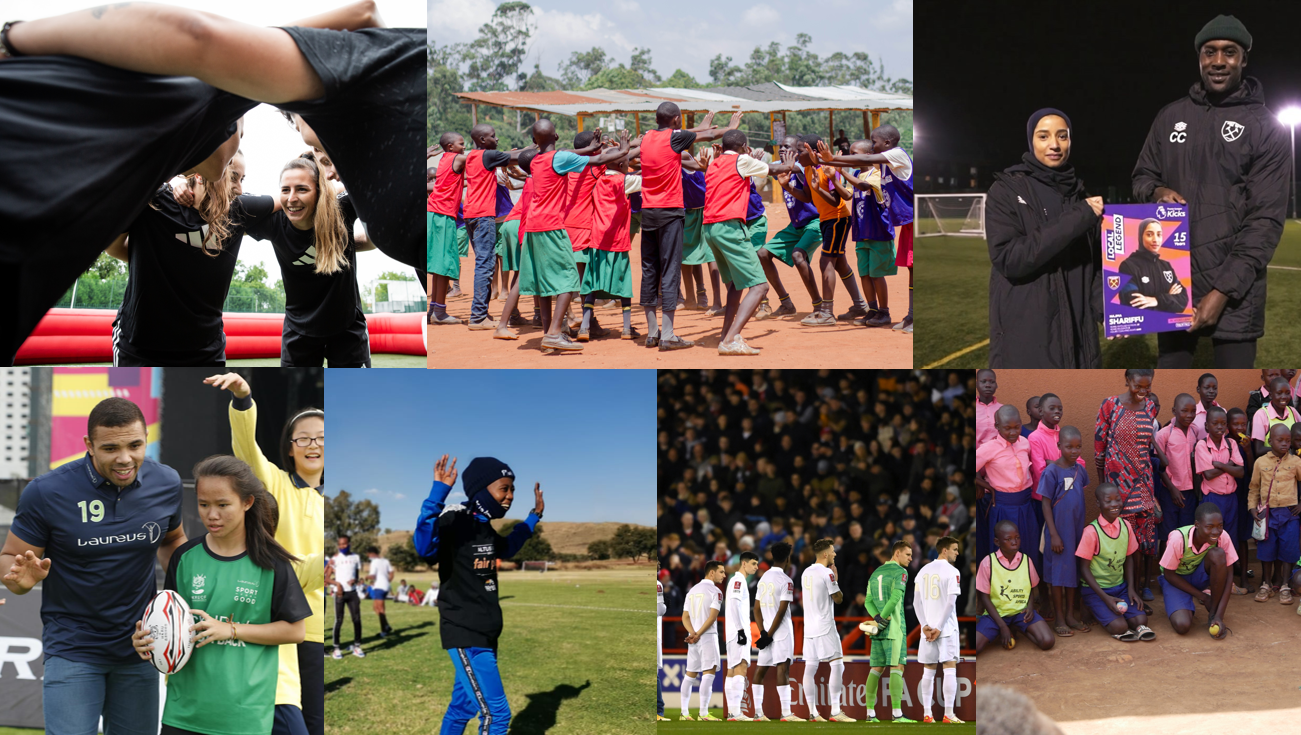Calacus White Paper – The power of Sport for Good 2022
We all understand the power of sport to bring people together.
As Nelson Mandela put it at the inaugural Laureus World Sports Awards in Monaco:
"Sport has the power to change the world. It has the power to inspire. It has the power to unite people in a way that little else does.
"It speaks to youth in a language they understand. Sport can create hope where once there was only despair. It is more powerful than governments in breaking down racial barriers. It laughs in the face of all types of discrimination."
Sport goes beyond fitness and competition. It teaches respect, focus, self-discipline, and improves mental as well as physical health.
After the past few challenging years, people young and old have benefited from the opportunities that sport provides to improve and enhance their lives and, in turn, benefit society as a whole.
A 2022 United Nations report states: "Sport can be catalytic when it is shaped to improve people’s opportunities, confidence, and sense of belonging in the short run, while laying the ground to change mindsets and build inclusive societies.
"Women’s and girls’ participation in sport, for example, can boost confidence and self-esteem while challenging gender stereotypes and influencing the behaviour of men and boys."
The World Health Organisation estimates that regular physical activity can translate to a 30% reduction in obesity, depression, and other mental health conditions, helping to prevent up to 5 million deaths a year.
Research by Made by Sport earlier this year suggested that, in the UK alone, the average Social Return on Investment (SROI) for sport for good is £6 for every £1 spent, compared to £4 for every £1 spent on sports participation.
Yet only 0.5% of Corporate Social Responsibility (CSR) activity at FTSE 100 firms support sport for good charities.
With a national £600 million investment reduction into sport by local authorities, it’s no wonder that over 50% of UK sport for good clubs and organisations rely solely on volunteers.
There is no doubt that governments and big businesses can and should do more, but it’s not all doom and gloom.
According to Deloitte, when companies align their purpose with doing good, they can build deeper connections with their stakeholders and, in turn, amplify the company’s relevance in their stakeholders’ lives.
It also found that brands that have an authentic purpose which overlaps with CSR grow three times faster on average than their competitors.
The International Olympic Committee says: "Making sport relevant and recognised as a key contributor of the community makes it more attractive for new members and also for government, private sector and philanthropic funding."
This white paper showcases some of the best sport for good initiatives going on around the world – from a variety of organisations offering opportunities to those whose lives are being transformed by their philanthropic support.
To download the White Paper, please click below.

